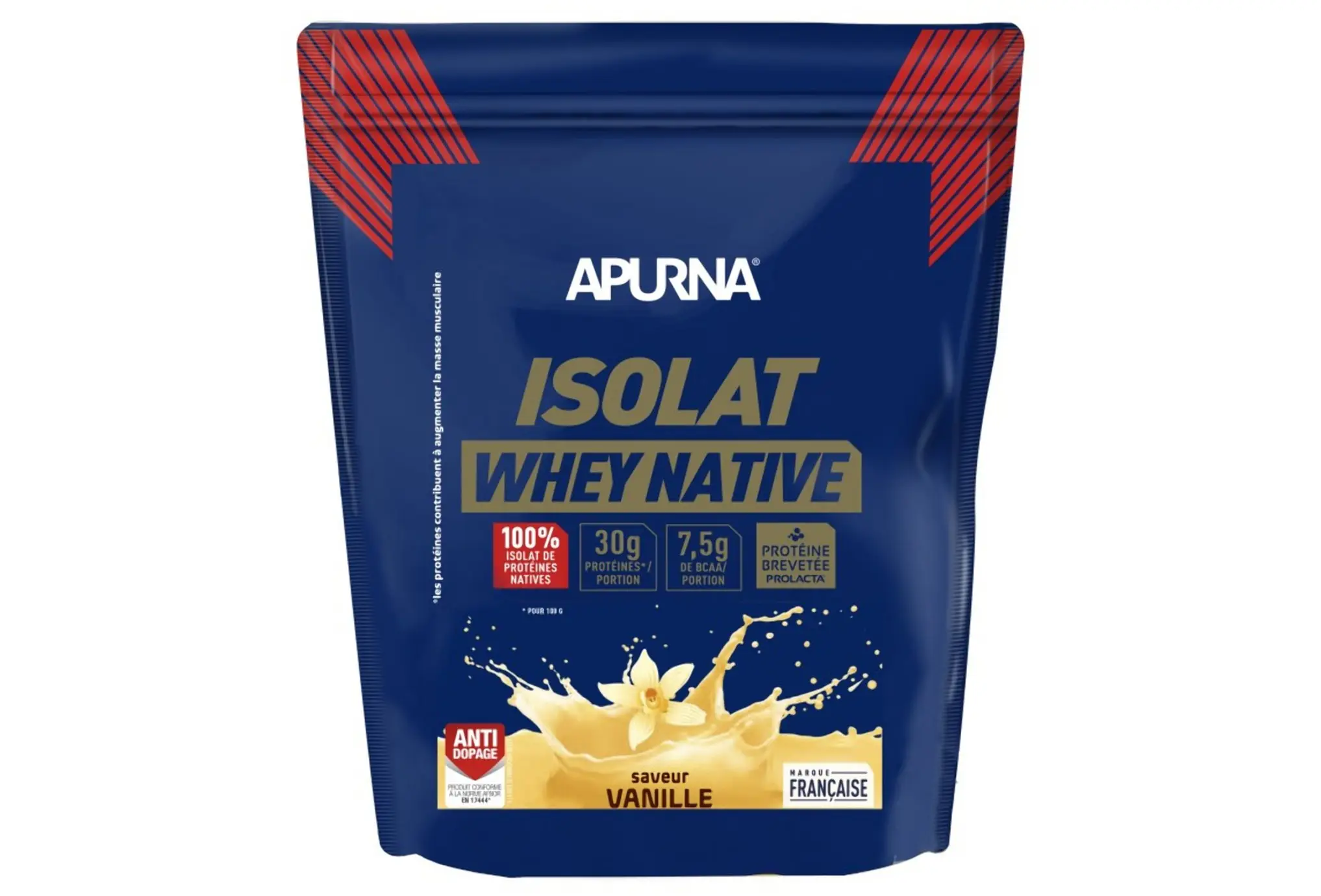
When you're preparing for a marathon, you often think about pace, VMA or to the training plan. But one detail often makes the difference between A solid preparation and chronic fatigue : protein intake.
Proteins aren't just for “building muscle” — they contribute to muscle fiber repair after each session, at the injury prevention And at maintaining a good immune system (strained by the volume of training).
The ideal amount of protein depends on your weight, training volume, and preparation time.
If you run three to four times a week, with no specific performance goals, count around 1.2 to 1.4 grams of protein per kilo of body weight per day. This is more than enough to maintain muscle mass and recover well between sessions.
On the other hand, during a More sustained marathon preparation, with five to six workouts per week, your body needs more support: aim 1.6 to 1.8 grams per kilo per day.
And when you get into very busy weeks, high volume, long outings, series of intense sessions, you can go up to 2 grams per kilo without risk, to compensate for muscle degradation and improve recovery.
👉 Concrete example: A runner from 70 kg In the middle of marathon preparation you will need about 120 to 130 g of protein per day. That's two high-protein meals (like fish, tofu, or eggs) complemented by a few well-chosen snacks, Greek yogurt, a handful of almonds, or a post-run smoothie.
The key is Regularity : Your body assimilates proteins better when they are distributed throughout the day rather than in a single meal.
💡 Typical example:

Animal proteins are said to be “complete” (they contain all the essential amino acids), but vegetable proteins can do the job very well if they are varied and intelligently combined (ex.: rice + chickpeas, oats + almonds).
The 30 to 60 minutes after your session are crucial.
This is the period when the muscles are most receptive to reconstruction and energy recharge.
👉 The ideal: a Snack combining proteins and carbohydrates, for example:
This combo speeds up recovery and limits muscle pain the next day.
And for those who are struggling to reach their needs, a high quality protein powder (whey, peas, rice, hemp) can complete the diet without excess.
Preparing for a marathon is a complete adventure: physical, mental, and... nutritional.
Respecting your protein quota is Offer your body the raw material it needs to cover the kilometers, recover and progress without hurting yourself.
So before your next 30 km or your long Sunday run, think about your plate as much as your shoes.